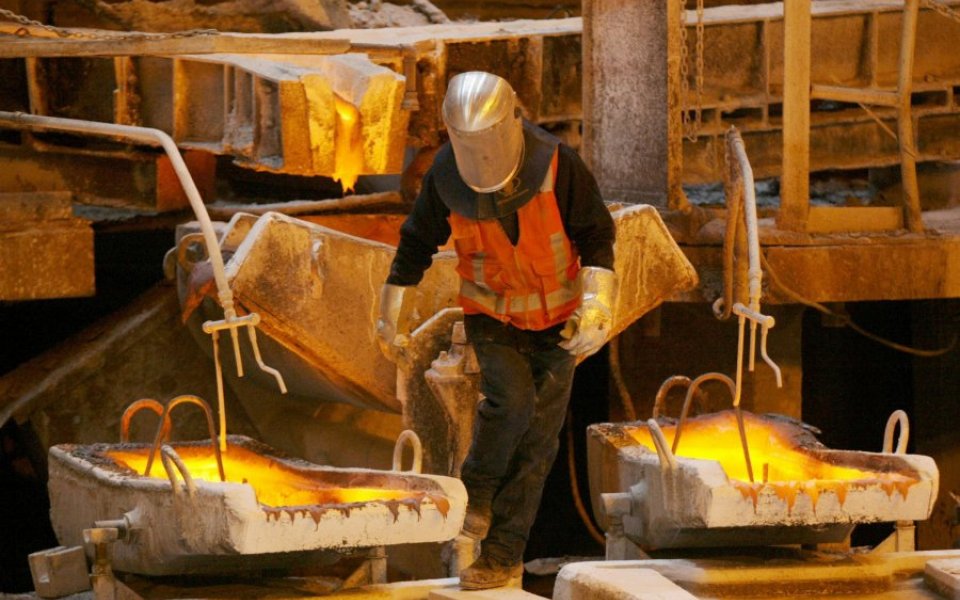Copper could soon become crucial for global disease prevention

“Antimicrobial copper” could soon become a common term in the medical world – researchers from the University of Southampton have discovered that the metal can rapidly inactivate certain viruses, stopping them from spreading and causing disease.
When they placed coronavirus 229E on a surface containing copper, they found that the virus was destroyed within minutes, and the implications of this are huge – the majority of man-made surfaces, such as glass and rubber, allow coronavirus to survive for many days on end without any human contact. Even just having a small amount of copper present in a mixture was found to make a big difference.
Read more: The humble banana could contain a cure for deadly viruses, including HIV and influenza
Globally, viruses cause more deaths each year than any other infectious agent, so finding preventative measures is essential. They spread mainly spread though human-to-human contact, but this isn't always the case – surfaces can be just as dangerous.
In the case of coronavirus, it is responsible for a wide range of respiratory diseases, including Severe Acute Respiratory Syndrome (Sars) and Middle East Respiratory Syndrome (Mers), so being able to stop it in its tracks would be a major step forward in disease prevention. More details of the study are published in the journal mBio.
Lead researcher Sarah Warnes said: "Transmission of infectious diseases via contaminated surfaces is far more important than was originally thought, and this includes viruses that cause respiratory infections. This is especially important when the infectious dose is low and just a few virus particles can initiate an infection.
Human coronavirus, which also has ancestral links with bat-like viruses responsible for Sars and Mers, was found to be permanently and rapidly deactivated upon contact with copper.
What's more, the viral genome and structure of the viral particles were destroyed, so nothing remained that could pass on an infection. With the lack of antiviral treatments, copper offers a measure that can help reduce the risk of these infections spreading.